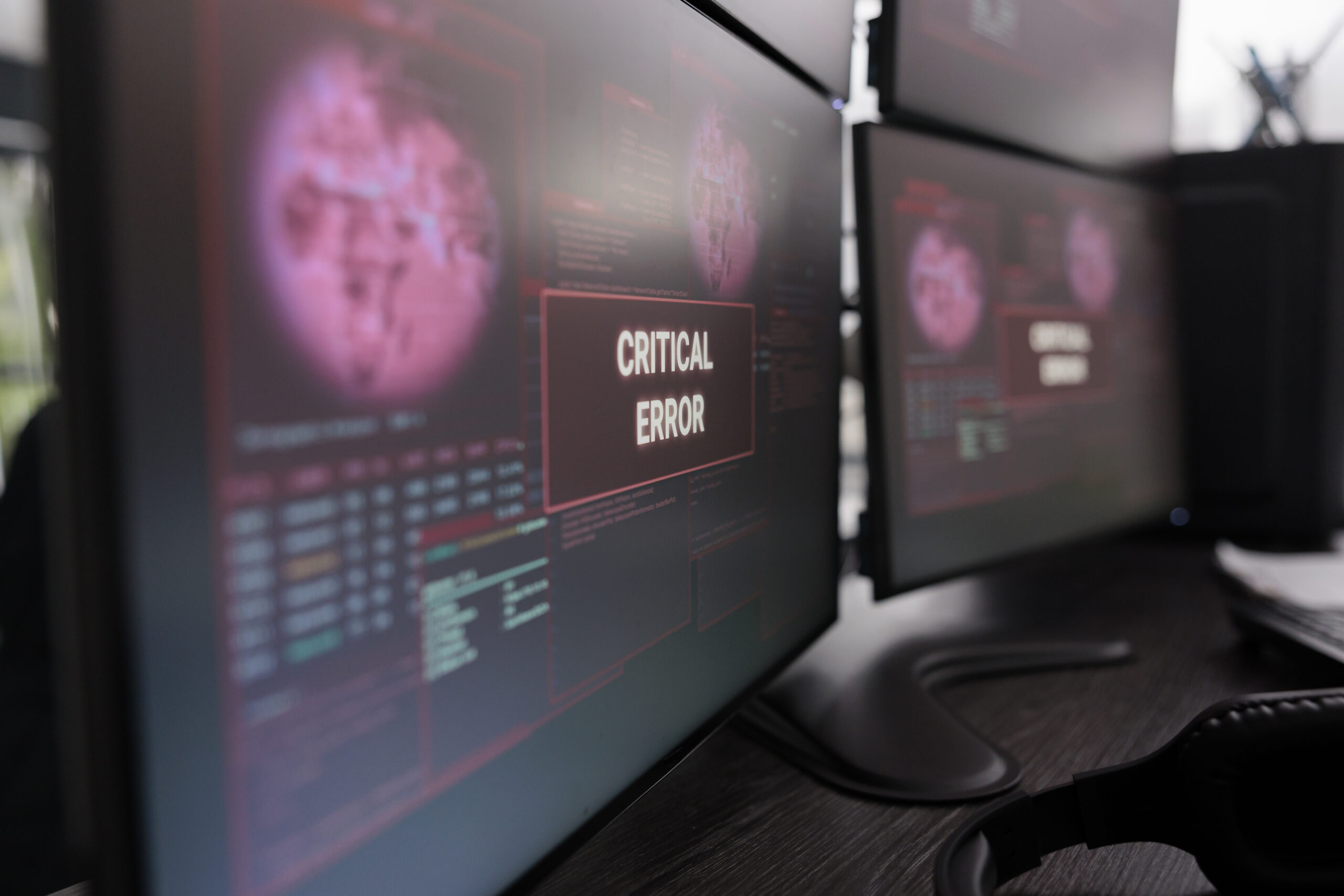Computers have become an integral part of our lives. They have revolutionized the way we communicate, work, and access information. However, with the increased use of computers, the incidents of cyber-attacks have also increased. Cybersecurity should be a top priority for everyone, especially those who are using computers for business purposes. In this blog post, we will explore why computer safety is crucial and what steps you can take to protect yourself from data breach, identity theft, ransom attacks, etc.
In today’s digital age, it is essential to keep your personal and business data secure from cyber threats. As technology advances, so do the methods of online attacks, making it necessary more than ever before for users to protect their devices. Cyber threats like viruses, malware, spyware, and phishing attacks can damage your system, steal sensitive data, and compromise your online identity. In this blog post, we will share some tips on how to protect cyberattacks on your system from these threats and stay safe online.
Cyber-attacks are becoming more sophisticated and complex, and their impact can be devastating. A cyber-attack can take down your entire network, steal confidential data, and cause significant financial losses. Following are 10 steps to keep your PCs protected from cyberattacks and your data safe.
- Use Antivirus Software: Antivirus software helps to detect and remove any kind of malware or virus that can harm your computer. Make sure to have the latest version installed and to run regular scans for virus protection and malware harm.
- Keep Your Software Updated: Always keep your operating system, software and applications up to date. Updates contain important security patches that can protect you from potential attacks.
- Use Strong Passwords: Always use strong passwords that contain a mix of lowercase and uppercase letters, numbers, special characters and are 8-12 characters long. Do not use personal information such as your name or birthdate as your password.
- Enable Firewall: A firewall monitors and controls incoming and outgoing network traffic in your system. Enabling a firewall will help you block unwanted traffic and keep your computer safe.
- Enable Two-Factor Authentication: Two-factor authentication adds an extra layer of security to your account. Along with a password, you will need to enter a code that is sent to your phone or email.
- Use Encryption: Encryption helps to protect your data from unauthorized access by converting it into a code. Use encryption software to protect sensitive information such as personal files, emails, and financial information.
- Avoid Clicking on Suspicious Links: Do not click on links from unknown or suspicious sources. These links may lead you to malicious websites that can harm your system.
- Use a Virtual Private Network (VPN): A VPN encrypts your internet traffic and hides your IP address. It helps to keep your online activities private and secure.
- Back Up Your Data: Always keep a backup of your important files and data. In case of any malware or virus, you can easily recover your files.
- Be Cautious of Phishing Emails: Phishing emails are designed to look like genuine emails from banks, organizations, and businesses. They may ask for your personal and sensitive information. Always be cautious of such emails and verify their authenticity before providing any information.
As cyber threats continue to rise, keeping your system secure is crucial to avoid theft or damage of important data. In this blog post, we shared some practical tips on how to secure your system from online attacks. Remember to keep your software updated, use strong passwords, be cautious with email and website links, back up your data regularly, and use a firewall. With these measures in place, you can protect your computer and data from falling into the wrong hands. Stay safe and secure online!






